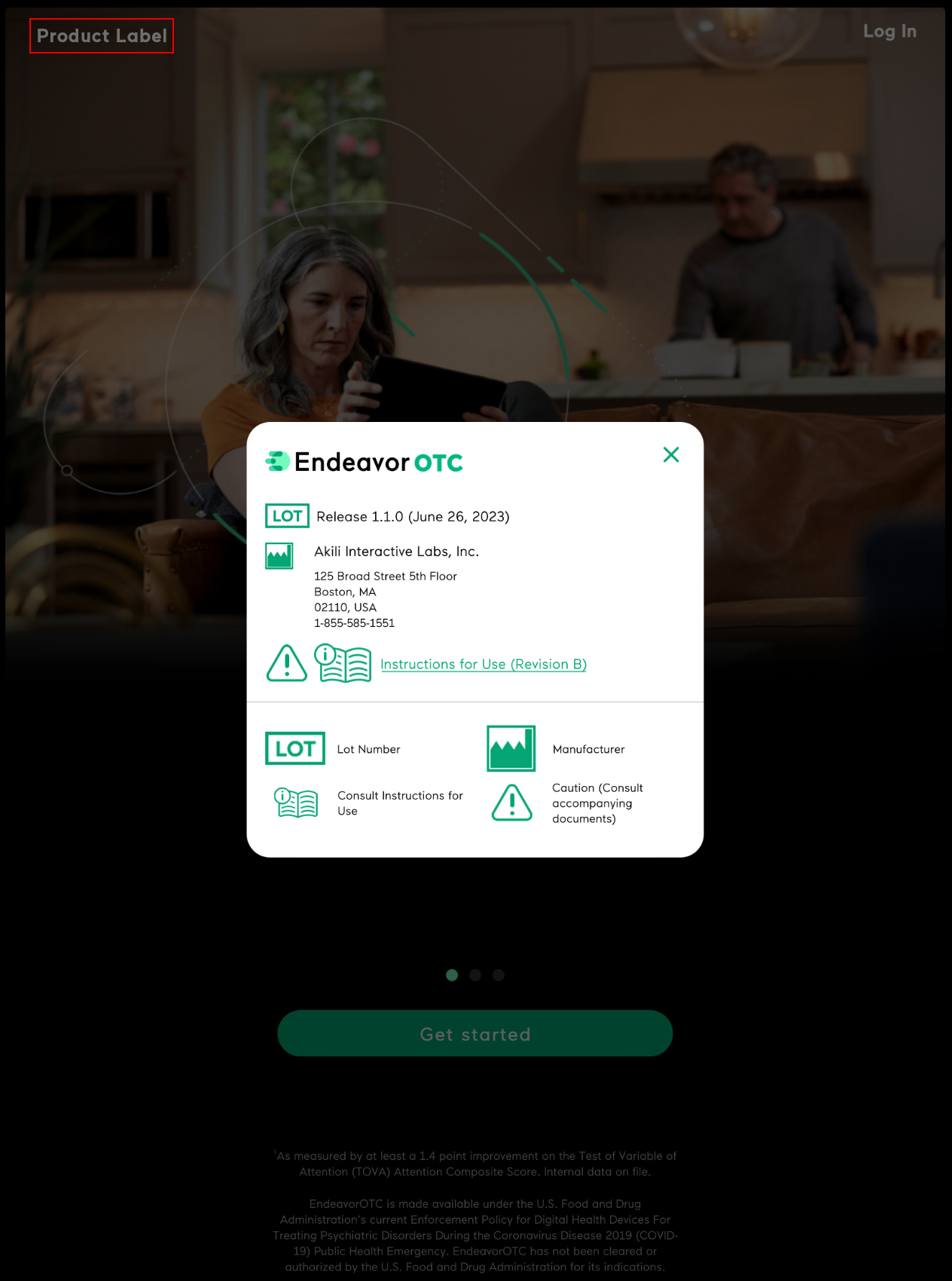Adult Learning Techniques When You Have ADHD

How do you optimize learning as an adult with ADHD?
It’s all about understanding your learning style and matching your attentional focus to your environment. Read on to learn more about the science of adult learning, and what it teaches us about how adults with ADHD can develop more effective learning strategies.
Let’s start by understanding how adult learning compares to learning for kids. In the 1970s there was a prominent theory of adult learning (sometimes referred to as “andragogy,” as compared to “pedagogy” for children) which suggested that adult learning is much more self-directed and goal-oriented than learning in children. While this is certainly true for some adults, numerous research studies have found that learning styles and preferences vary widely across individuals, ages, and cultures (Roessger et al., 2020), so these generalizations don’t capture the complete picture. Instead, we can conceive of learning preferences as a spectrum, where individual differences take center stage. This also applies to adults with ADHD. The key is to explore learning opportunities in order to determine what works best for you. Reflect on your past learning experiences to identify when you felt most engaged and remembered information the best – was it through talks, reading, working in groups, or maybe through more hands-on learning? Next time you are learning something new, try out a variety of styles and pay attention to how much you are able to focus on the material and if you understand it well enough to apply it to a new project.
Opening up learning opportunities starts with a shift in perspective. In particular, many people with ADHD say that they are looking to “control” their ADHD in order to learn, but this framing might not be the most constructive. Instead of seeing ADHD as something that needs to be controlled, ADHD can be viewed as an attentional focus that either matches or mismatches with one’s current environment. When there is a match, such as is often the case in high-stress situations or inherently interesting tasks, people with ADHD are likely to excel. Try seeking out roles or topics that are stimulating or see if you can make changes to a task to make it more interesting.
Alternatively, when someone with ADHD needs to engage in tasks that are of low inherent interest, it may be more difficult to focus, and this is when strategies and exercises that can improve focus and concentration can be helpful. These strategies can include specific cognitive activities designed to target and strengthen mental processes needed for attention and implementing organizational tools like calendars and task lists. They can also include environmental or behavioral controls like minimizing distractions and identifying ways to make tasks more personally interesting and engaging. It can also be helpful to use visual aids, reward yourself after completing tasks, and schedule breaks to move around (see additional tips below!).
The central idea here is to shift the perspective from a need to “control ADHD” to optimizing learning by aligning your attentional focus with your environment. By adopting a more nuanced view of ADHD which recognizes that differences in cognitive processing can have both strengths and weaknesses in different contexts, you can approach learning with a more empowered and exploratory mindset to identify and use learning strategies that work for you. In instances where you have to engage in tasks that are less aligned with your learning style, incorporating strategies to stay on task like chunking your work, taking strategic breaks, and building in rewards can help optimize your overall learning and progress.
5 Learning Strategies for Adults with ADHD
-
Use visual aids
Visual aids, such as diagrams, charts, and flashcards, can help you learn and retain information more effectively.
-
Try hands-on learning
Active learning by doing can be a great way to learn. Try out tasks that use different senses and that physically get you engaged to see if this helps things to stick.
-
Take active breaks
Adults with ADHD often prefer to move around in order to stay focused. If you find yourself getting restless, take a short break to move around or do some light exercise.
-
Reward yourself for completing tasks
When you complete a task, reward yourself with something you enjoy. This will help you stay motivated and on track.
-
Ultimately, you should find a learning style that works for you!
Some people learn best by listening, while others learn best by reading or doing. Experiment with different learning styles to find what works best for you.
